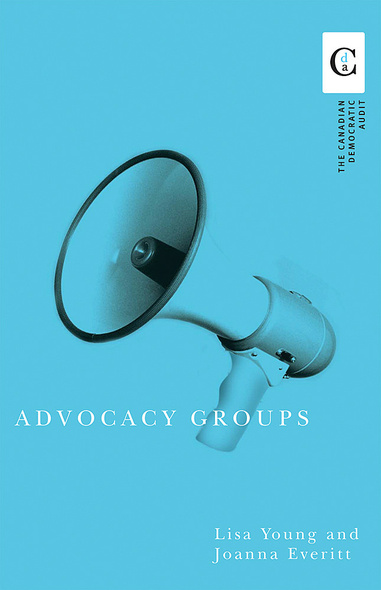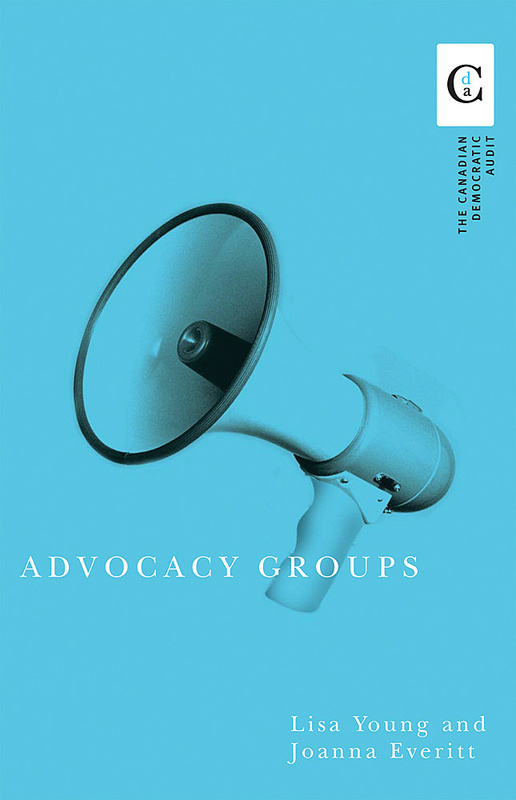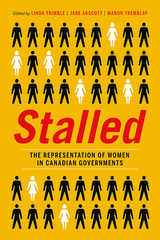
Seventy percent of Canadians think that 'advocacy groups' are a better vehicle for change than political parties; however, people involved in these groups are actually more involved in traditional political circles and party politics. This volume looks at who participates in these groups, which kinds of groups dominate the political agenda, what influence lobbying has on the government, and how, exactly, to make advocacy groups a more vibrant and accountable part of political life in this country.
Advocacy Groups uses the Audit standards of responsiveness, inclusiveness, and participation to examine advocacy groups in Canada and assess the ways that they contribute to, or detract from, Canadian democracy. It argues that group activity represents an important form of political participation.
Though some interests face greater organizational challenges than others, advocacy groups can play critical compensatory roles for interests that are often unrepresented in traditional political institutions. It also finds that while Canadian advocacy groups employ a wide range of strategies to draw attention to their concerns, those with greater financial resources generally have greater access to government decision-makers. This has been accentuated by recent trends in the reduction of government funding to advocacy groups. The book concludes with several recommendations for 'best practices' that groups can follow in their internal organization and efforts to influence public policy, as well as for actions that governments can take to engage in constructive consultation with groups.
Both as individual books, as well as the state goals of the Canadian Democratic Audit series, the analyses achieve what they set out to do. It is heartening to see that the state of politics is taken seriously, that there are difficult questions asked, systemic weaknesses are pointed out, and that these authors have the capacity to recommend what it is that might work better to develop a more inclusive and participatory democratic system. These books succeed in that they are moving into a territory that has a broad scope in challenging issues and institutions that set the stage for the major political categories of analysis ...
Tables
Foreword
Acknowledgments
1 Advocacy Groups and Canadian Democracy
2 Perspectives on Advocacy Groups and Democracy
3 Who Participates in Advocacy Groups?
4 The Internal Life of Groups
5 Which Interests and Identities Are Mobilized?
6 Talking to Governments
7 Advocacy Group Involvement in Elections, Litigation, and Protests
8 Who Prevails?
9 Enhancing the Democratic Role of Advocacy Groups
Discussion Questions
Additional Reading
Works Cited
Index







